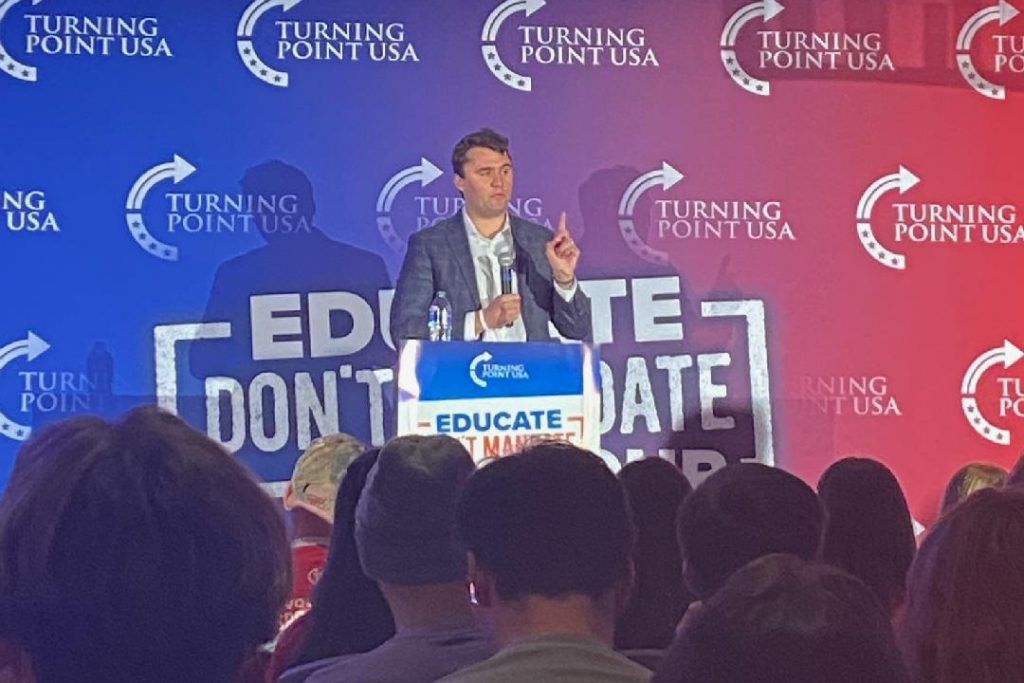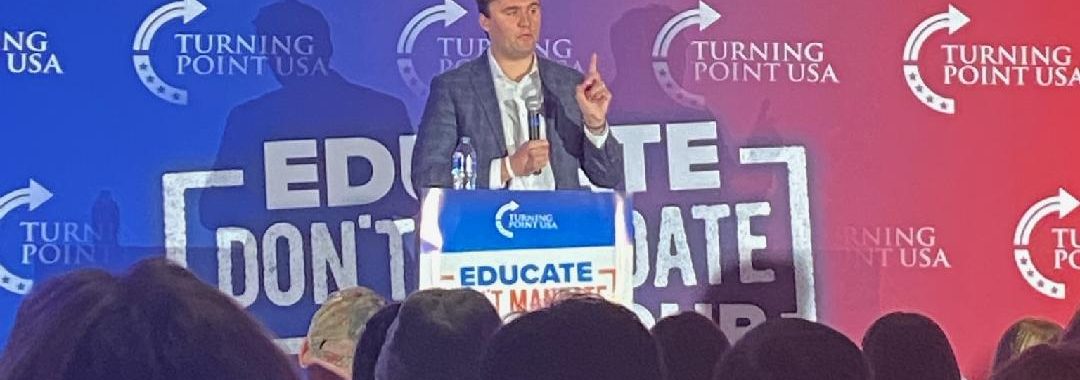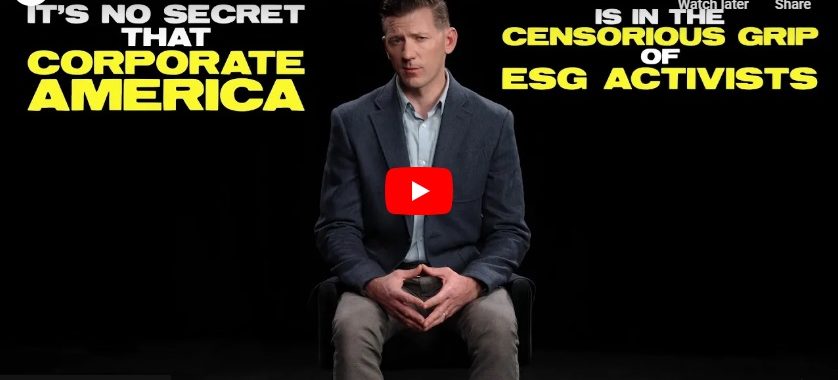The Assassination of Charlie Kirk: Guest Column

Unsurprisingly, on September 11, 2001, I wept. I also wept, unexpectedly, on September 11, 2011. Perhaps it was delayed grief, but mostly, it was a delayed realization. Sitting that Sunday morning with my young daughters, only 6, 4, and 2 at the time, it struck me how different their world was from the one I wanted for them.
The same sense struck this week, on September 10. The assassination of Charlie Kirk seems to mark a new era, a world no one wants but may very well be here. Calling the murder a “tragedy for all of us,” U.K. comedian and commentator Konstantin Kisin wrote:
I hope I’m wrong. But tonight feels like some sort of invisible line has been crossed that we didn’t even know was there. … [T]o murder a young father simply for doing debates and mobilising young people to vote for a party that represents half of America? This is something else.
Charlie’s death is a tragedy for his wife, his children and his family. I don’t pray often. I am praying for them tonight. But I fear his murder will be a tragedy for all of us in ways we will only understand as time unfolds.
I hope I’m wrong. I fear I’m not.
Kisin is not wrong about lines being crossed, though the Christian must not fear. We must, however, squarely face the sober realities of this moment.
Kirk’s murder followed another this week, in Charlotte, of a young woman from Ukraine riding a public train. Iryna Zarutska was stabbed by a man who should have been in prison or at least institutionalized, and she was then left to die by people too engrossed in their screens to notice or too jaded to care. Together, these atrocities reveal realities about our culture and how it has shaped those within it that many will find unthinkable. But we had better think about it anyway.
Zarutska’s killer is a terrible example of the mental and social brokenness that permeates modern life. The bystanders who did not come to her defense or to her aid are, like the social media commenters and media personalities who callously commented on Kirk’s assassination, examples of the rabid and pervasive dehumanization that infects the Western world.
In a recent Breakpoint commentary, released prior to the atrocities of this week, Abdu Murray argued that this “post-truth world that elevates feelings and preferences above facts and truth has collapsed the distinction between a person’s ideas and their identity. And so, the social erasure of cancel culture has calcified into something darker.” That something darker, he argued, is “assassination culture.” He continued, “Unmoored from that objective standard for human value, we have made gods of ourselves and therefore justify eradicating any who dare to have other gods before us.”
This is precisely what Os Guinness warned of in the new film Truth Rising, that the West is squandering a unique heritage. A civilization built upon the ideal of human dignity, with a mixed and troubled history of working out that ideal, has now replaced it with something else. But racialized, sexualized, and politicized conceptions of human dignity only produce victims.
George Orwell is often credited as saying, “In a time of deceit, telling the truth is a revolutionary act.” Charlie Kirk was a committed truth teller, with a remarkable gift for exposing and answering deceit. And yet, as he did this, he treated the deceived with the dignity they had as image bearers of their Creator, recognizing that they too were victims of their own bad ideas.
There is a cost to telling the truth. Our Lord has told us to count this cost. If Kisin is indeed correct, that cost is higher than we have imagined. This is indeed a civilizational moment. It is to this moment that we have been called as His people. As His people, we know that this moment is not some fatalistic inevitability, nor does it determine or define the Story of which we are part.
In a video circulating on social media, Charlie is asked why he went on campuses to talk with and try to persuade those who disagree with him. Charlie responded, “Because when people stop talking, that’s when violence happens.” It was a prophetic moment, but Kirk also demonstrated that we need not accept that. He showed that the conversation can be had; that it must be had. He showed that the truth still wins hearts and minds, and that lies can be opposed. And that it can all be done with a big smile.
It takes courage to tell the truth and to, as Paul wrote, “regard no one from a worldly point of view.” As Murray wrote, only the “ancient biblical truth about what it means to be human can heal our contemporary malady.”
It can be healed. This is not wishful thinking. This is the hope Christ secured for us all. As the banner on the Turning Point USA website proclaims, Charlie Kirk has been “received into the merciful arms of our loving Savior, who suffered and died for Charlie.”
Copyright 2025 by the Colson Center for Christian Worldview. Reprinted from BreakPoint.org with permission.




